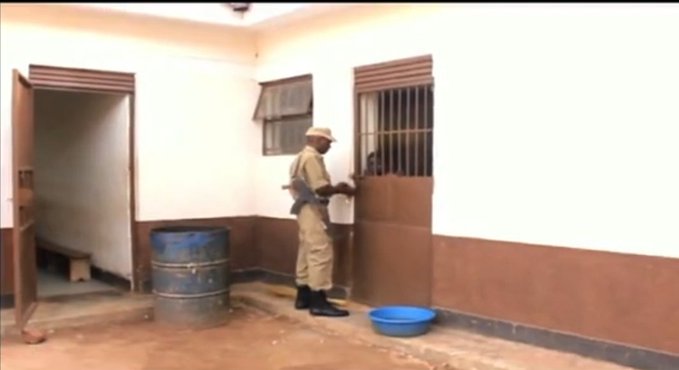The situation for LGBTQ+ individuals in Uganda has become increasingly dangerous following the enactment of the 2023 Anti-Homosexuality Act. Under this law, individuals found guilty of engaging in homosexual acts face life imprisonment or, in more severe cases, the death penalty.
The legal framework has legitimized widespread persecution, creating an environment where members of the LGBTQ+ community live in constant fear of being arrested, tortured, or publicly humiliated.
Human rights organizations have condemned Uganda’s stance, pointing out that the law violates basic human rights, such as the right to privacy and freedom of expression.
In addition to formal arrests, blackmail has become rampant. Many people have been extorted, threatened with exposure unless they pay large sums of money to avoid being reported to the authorities.
The passage of this law has also led to increased social stigma against LGBTQ+ people, fueling hate crimes and violence. Uganda’s leaders, including President Yoweri Museveni, have openly supported the legislation, positioning it as a defense of “traditional values” against Western influence.
This rhetoric has further emboldened vigilantes and law enforcement officers to target LGBTQ+ individuals.
The international community has responded with criticism, with some governments and organizations imposing sanctions and cutting aid to Uganda in protest of the law.
However, Ugandan officials have largely dismissed these criticisms, framing them as an attack on the country’s sovereignty.
Amid this atmosphere, false or exaggerated stories, like the one about the gay couple being forced to remain in jail until one becomes pregnant, may emerge. Such stories, while unverified, reflect the extreme tension and fear surrounding LGBTQ+ issues in Uganda.
They often arise from the harsh realities of persecution and the lack of legal protection for sexual minorities in the country.


